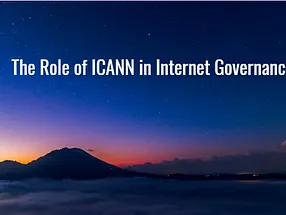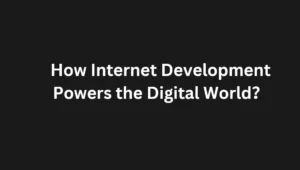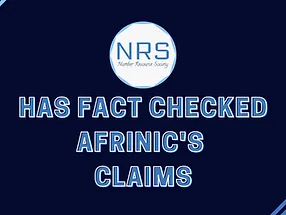ICANN, or the Internet Corporation for Assigned Names and Numbers, is a non-profit organization that oversees the distribution of Internet resources throughout the world. These resources include IP addresses, autonomous system numbers, and domain names.
With its global influence, ICANN wields a powerful role in Internet governance.
What Does Internet Governance Mean?
Internet governance refers to the rules and guidelines that shape how the Internet grows and operates. These rules are followed not only by governments but also by private companies and community organizations. In simple terms, Internet governance affects everyone who uses the Internet.
There is some form of agreement across the world regarding how the Internet is governed. However, there are ongoing debates in three main areas:
- Technical vs. Holistic Approach: Some argue that Internet governance should be solely a technical matter managed by programmers and engineers. Others believe it should take a broader approach. This view emphasizes the social, legal, and economic consequences of technical decisions.
- Government Control vs. Multiple Actors: There’s a debate about whether national governments should have more authority in Internet governance; or if more parties, including civil society and the private sector, should be involved.
- New vs. Modified Systems: Some people wonder whether we need an entirely new system for Internet governance, or if we can make improvements to the existing ones. This debate focuses on that fact that most by-laws were formed in the 1990s– and a lot has changed since then.
These debates show that defining Internet governance is an ongoing process.
The Role of ICANN in Internet Governance
ICANN is a nonprofit organization that arguably has the strongest influence on Internet governance. Its main responsibility is coordinating and managing various assets like IP addresses and autonomous system numbers.
The Internet is no longer the small network of computers that it was in the 1990s. Now, it has become a deeply embedded part of our lives. Organizations like ICANN have had to adapt to new challenges. They’ve had to develop new decision-making processes that consider the Internet’s significant impact on society.
There are ongoing debates about whether ICANN and RIRs can make legitimate decisions without involving more parties, like non-profits, governments, and the Internet community in general. ICANN and other Internet policymakers must continue to adjust Internet governance to accommodate new realities.
ICANN, when it was formed, was charged with following a “bottom-up, consensus-driven, multi-stakeholder” approach. This approach should reflect the genuine priorities and interests of the entire Internet user community.
ICANN and the Regional Internet Registries (RIRs)
ICANN works with RIRs through IANA. Internet Assigned Numbers Authority (IANA), is a department within ICANN. It is responsible for a few key tasks:
- Maintaining Internet Standards: The Internet follows a set of technical rules that allows it to function and work efficiently. IANA keeps a record of these Internet standards so that it is consistent and compatible across different systems around the world.
- Allocating Internet Numbers: IANA distributes Internet numbers (like IP addresses and ASNs) to different regions for Internet use.
- Managing Top-Level Domain (TLD) Information: IANA verifies and updates information related to Top-Level Domains (like .com or .org) to keep the Internet organized.
How ICANN Works with RIRs
In simple terms, RIRs get their Internet resources from ICANN through its department called IANA. It is also ICANN that grants recognition to a body that wants to be an RIR.
A Regional Internet Registry (RIR) manages assigns IP addresses and autonomous system numbers over their designated area. They also keep track of domain names using a system called WHOIS.
The RIRs get their official status from ICANN. The RIRs rely on the support of their members (people or groups) to operate. ICANN provides these RIRs with a pool of Internet resources, and then the RIRs share these resources with their members according to their own rules.
All the RIRs coordinate with each other through a body called the Number Resource Organization (NRO). This body was created to ensure that the RIRs can represent their interests and cooperate with the rest of the world when needed.
Closing Thoughts
The Internet thrives because of transparent and inclusive decision-making. However, such transparency and inclusion are not always guaranteed. ICANN has relegated the power of assigning Internet resources to RIRs.
This makes RIRs incredibly powerful in how the Internet is shaped. We at NRS believe that the power to shape the Internet should go beyond the confines of RIRs. We need a broader participation from businesses and members of the society to achieve the fundamental principle that ICANN was built on:
“bottom-up, consensus-driven, multi-stakeholder.”





Pingback: Understanding Internet Governance Institutions - NRS
Pingback: - NRS
An interesting discussion is definitely worth comment.
I think that you ought to write mokre on this
subject matter, it might not be a taboo matter but generally folkss don’t talk about such
topics. To the next! Many thanks!!